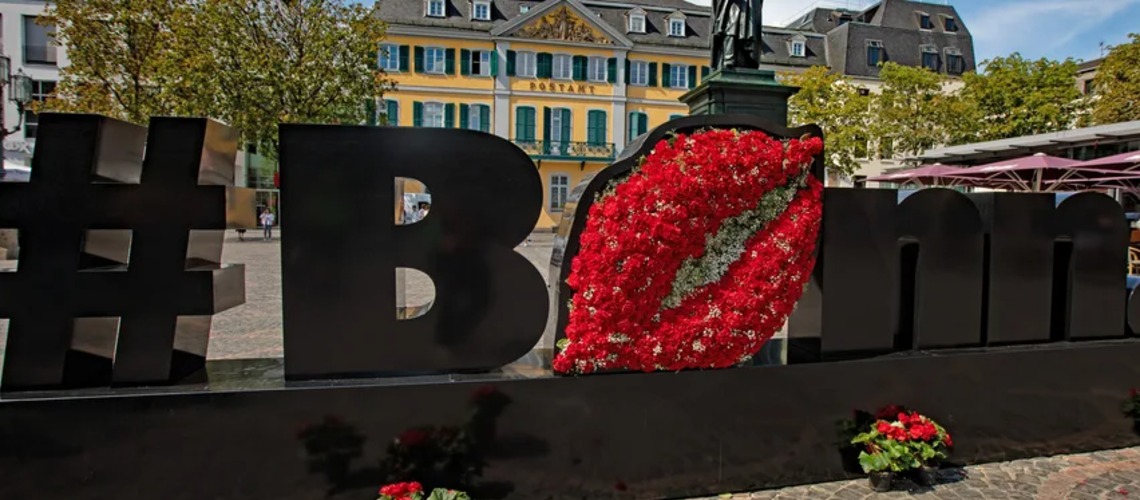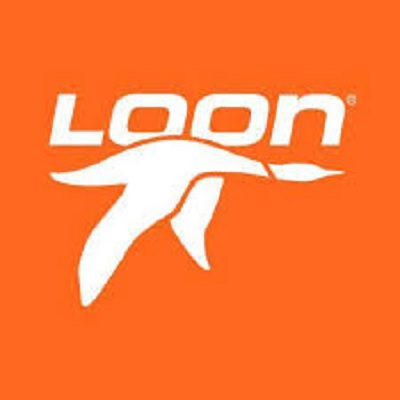Bonn: Planning For The Cable Car Project Is Progressing

The cable car project is progressing. The city administration continues to work intensively on the project and is sticking to its goal of submitting the application for planning approval for the cable car in 2026 to the district government of Cologne. The focus is currently on route optimization and stakeholder dialogue.
Currently, the program controller, commissioned by Stadtwerke Bonn (SWB) since summer 2025, is working in close coordination with the city and the municipal utilities, which are jointly realizing the project, on the optimization of the cable car route. For some time now, the city administration has been in regular and constructive exchange with property owners directly affected by the project as well as with the major employers along the route, including DHL, Haribo and University Hospital Bonn, who welcome the cable car project.
In a confidential conversation at the end of March this year, the state of planning was presented to DHL. With regard to the planning status discussed in March, DHL viewed two supports planned on the company's property critically. The city administration and DHL agreed that, in the course of further concretization of the technical planning, it will be examined whether alternatives are possible here in order to continue the talks. Against this background, the program controller's team is currently examining whether the previous two planned supports can be moved from the property.
Displacement of the supports from the DHL property is checked
According to the current planning status, the number and position of the supports can be changed in the sense of DHL. A reliable statement can be made by the end of the year, as adjustments must be examined in the course of the entire route. As soon as the planning is further advanced, the city of Bonn will again approach DHL to continue the discussions on route and support locations. In June 2025, the city informed DHL that the necessary investigations were still ongoing, as the local conditions were particularly complex.
Administration and SWB will continue the exchange with the affected property owners and large employers along the route. The planning should take into account the needs and necessities in relation to the affected properties. As communicated by the administration in June, this was already done on the basis of objections from the Federal Office for Information Security (BSI) in the area of the future terminus in Beuel-Ramersdorf.
In an infrastructure project of the scale of the Bonn cable car, such changes to the route are completely common. For example, only in the course of the ever-in-depth planning can one react to aspects that result from the previous investigations or discussions with the residents.
Declarations of intent with major employers
The aim is to agree on letters of intent (LOI) with the major employers, in which the parties involved in record the framework conditions for planning at the specific location and express their support for the project. These declarations of intent are currently being voted on and are partly already in the final stages.
As soon as the planning adjustments against the background of this process are completed, the administration will inform the policy and the public in detail about the project status.
Numerous expert opinions in progress
In addition to the optimization of the route, a variety of factors must be investigated in the cable car project. In addition to aspects such as existing buildings, monument protection or environmental influences such as wind, the building ground also plays a major role. For this reason, among other things, various preliminary assessments and planning services are commissioned and carried out, for example with regard to nature conservation, building ground and geology, wind, sound and hydrology.
The further procedure
The next step is the preliminary planning of the project, on the basis of which the functional tender is created, with which a total contractor (carway manufacturer) can be commissioned. This is followed by a planning approval procedure by the district government, with which building law is created. In this procedure, the interests of residents along the route and of public interest bodies are examined and weighed. After successful completion of the planning approval procedure, the construction of the cable car can begin.
Background: The Cable Car Project
The cable car in Bonn - from Venusberg on the left bank of the Rhine to Beuel on the right bank of the Rhine - would be the first urban cable car in Germany integrated into public transport that can be used with a normal local transport ticket such as the Deutschlandticket. The project is jointly managed by the city of Bonn and the Stadtwerke Bonn.













